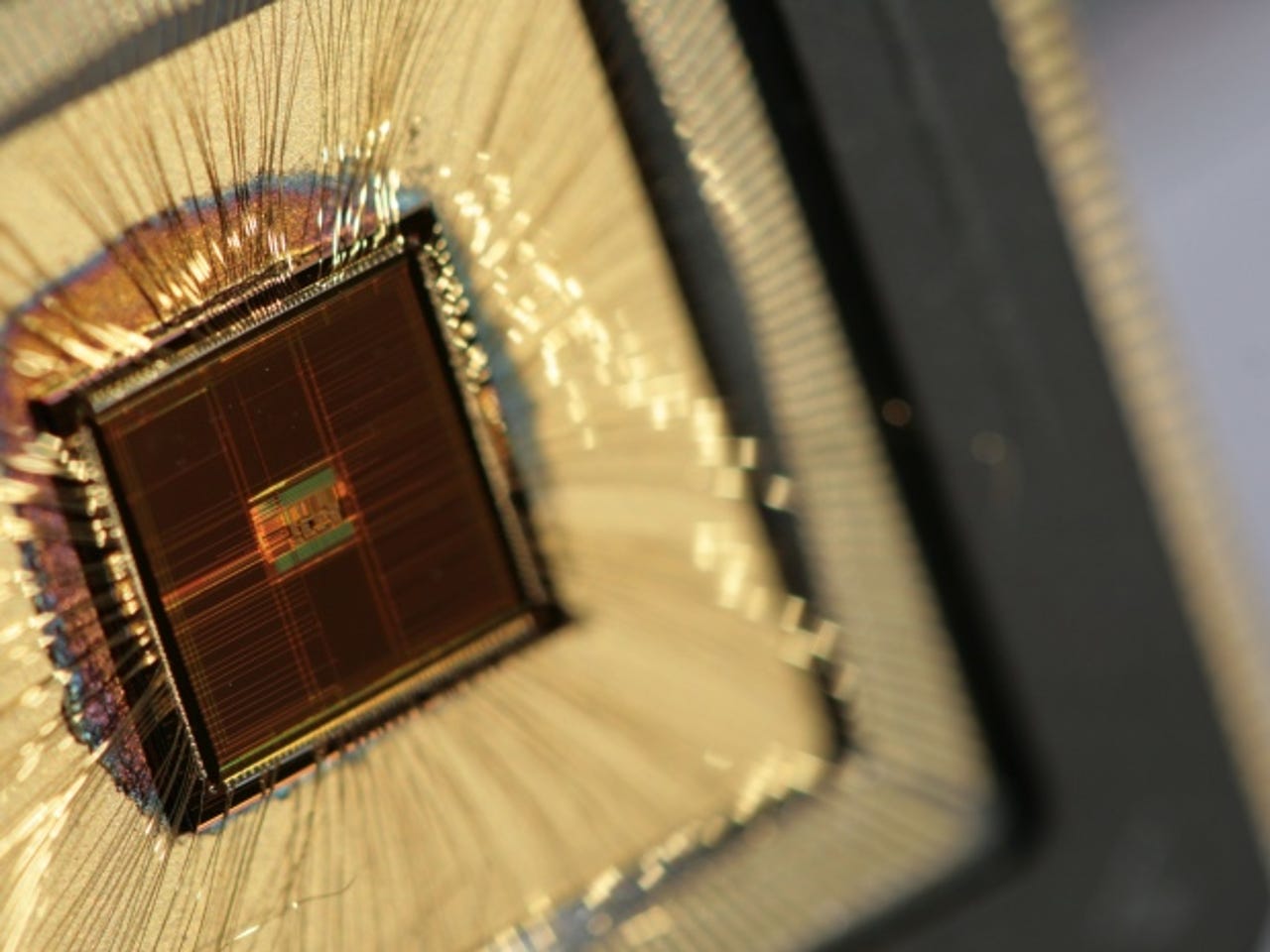GlobalFoundries wants import bans on Apple, Google, Cisco products in TSMC fight


American semiconductor fabricator GlobalFoundries has filed 25 complaints against Taiwan Semiconductor Manufacturing Company Ltd. (TSMC) across five jurisdictions, accusing TSMC of infringing 16 of its patents.
GlobalFoundries is set to take a pair of complaints to the US International Trade Commission, 13 complaints to the US District Court in the Western District of Texas, six complaints to the US District Court in the District of Delaware, and two each to German Regional Courts of Dusseldorf and Mannheim.
"In filing the lawsuits, [GlobalFoundries] seeks orders that will prevent semiconductors produced with the infringing technology by Taiwan-based TSMC, the dominant semiconductor manufacturer, from being imported into the US and Germany," the company said.
Thanks to customers of TSMC completing the act of importing the devices, companies such as Apple, Google, Broadcom, Motorola, Nvidia, Cisco, Lenovo, TCL, and Asus have found themselves named on GlobalFoundries' complaints.
Specifically, GlobalFoundries is using the German courts to go after Apple, Apple's German retail arm, and Qualcomm. Google is solely named in two complaints in the Western District of Texas, while Motorola is solely named on two complaints filed in Delaware.
GlobalFoundries alleges that TSMC made tens of billions dollars in sales from infringing 16 patents related to TSMC's 7nm, 10nm, 12nm, 16nm, 28nm semiconductors, and is therefore seeking "significant" damages.
See also: IBM's Power-ful open source gift: China wins big, and these are the losers
Gregg Bartlett, GlobalFoundries senior vice president of engineering and technology, said the suits were designed to protect the companies' manufacturing investments.
"While semiconductor manufacturing has continued to shift to Asia, GlobalFoundries has bucked the trend by investing heavily in the American and European semiconductor industries, spending more than $15 billion dollars in the last decade in the US and more than $6 billion in Europe's largest semiconductor manufacturing fabrication facility," said Gregg Bartlett, GlobalFoundries senior vice president of engineering and technology.
"For years, while we have been devoting billions of dollars to domestic research and development, TSMC has been unlawfully reaping the benefits of our investments. This action is critical to halt Taiwan Semiconductor's unlawful use of our vital assets and to safeguard the American and European manufacturing base."
Chip giant AMD said last year it would shift the production of all of its 7nm processors to TSMC from GlobalFoundries. At the same time GlobalFoundries ended its 7nm production program.
At the start of 2019, Qualcomm was successful in gaining an import ban on iPhone 7 and 8 models in Germany.
By April, the companies had agreed to end all litigation with Apple paying Qualcomm an unknown amount, and the pair entering into a six-year licence agreement, and a chip supply agreement.
Related Coverage
Security: Europe's pushback against Chinese tech has only just begun
A new case of suspected Chinese industrial espionage highlights Europe's tricky balancing act between exploiting opportunities in China and guarding against the theft of technology back home.
Inside GlobalFoundries' long road to the leading edge
A recent tour of the company's remarkable fab in upstate New York illustrated both how far the foundry has come and how challenging the future will be for advanced chipmakers.
Samsung's 3nm process targeted at chips for cloud
Samsung Electronics has shared the process design kit behind its 3nm chip process while showcasing a new cloud program for clients to design their chips.
TSMC says variant of WannaCry virus brought down its plants
A shutdown over the weekend that equated to a 3 percent revenue hit was blamed a a variant of WannaCry and poor patching processes.